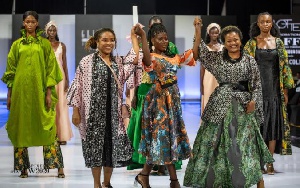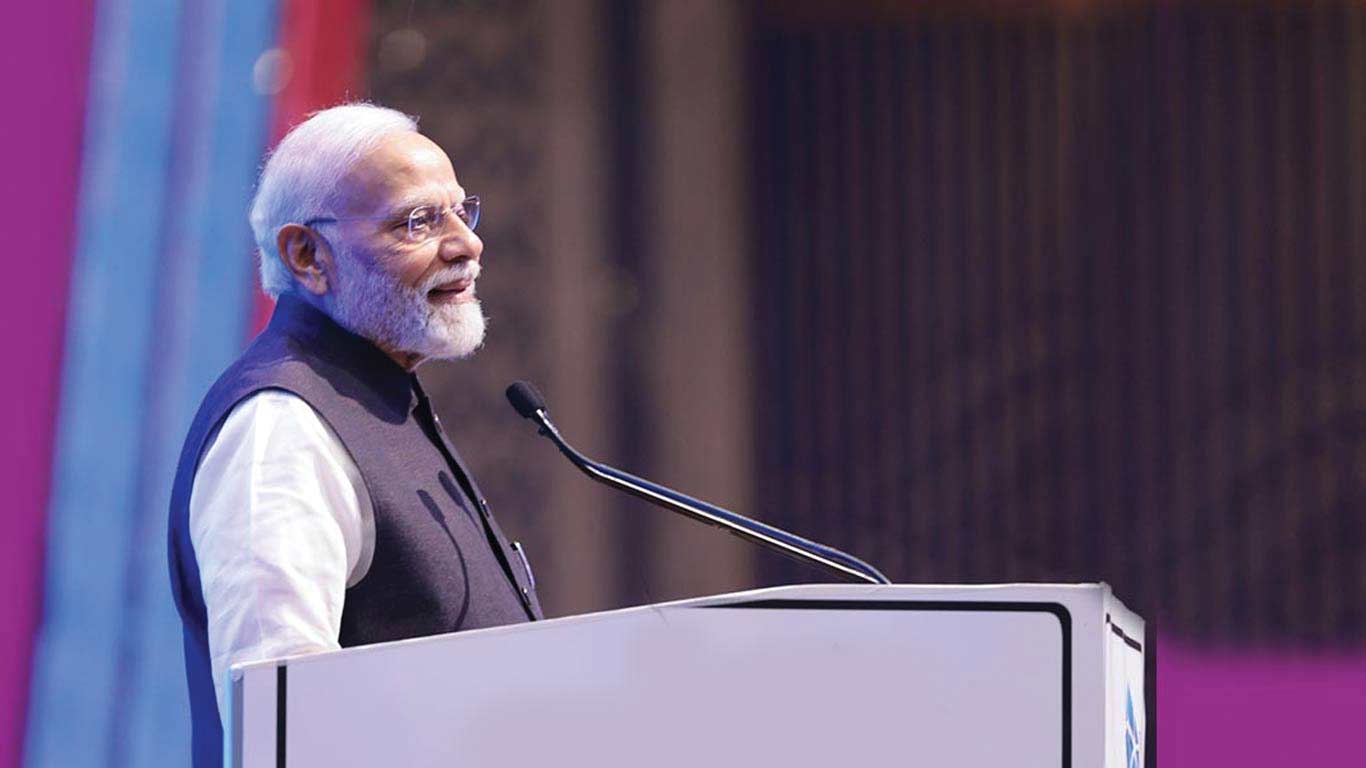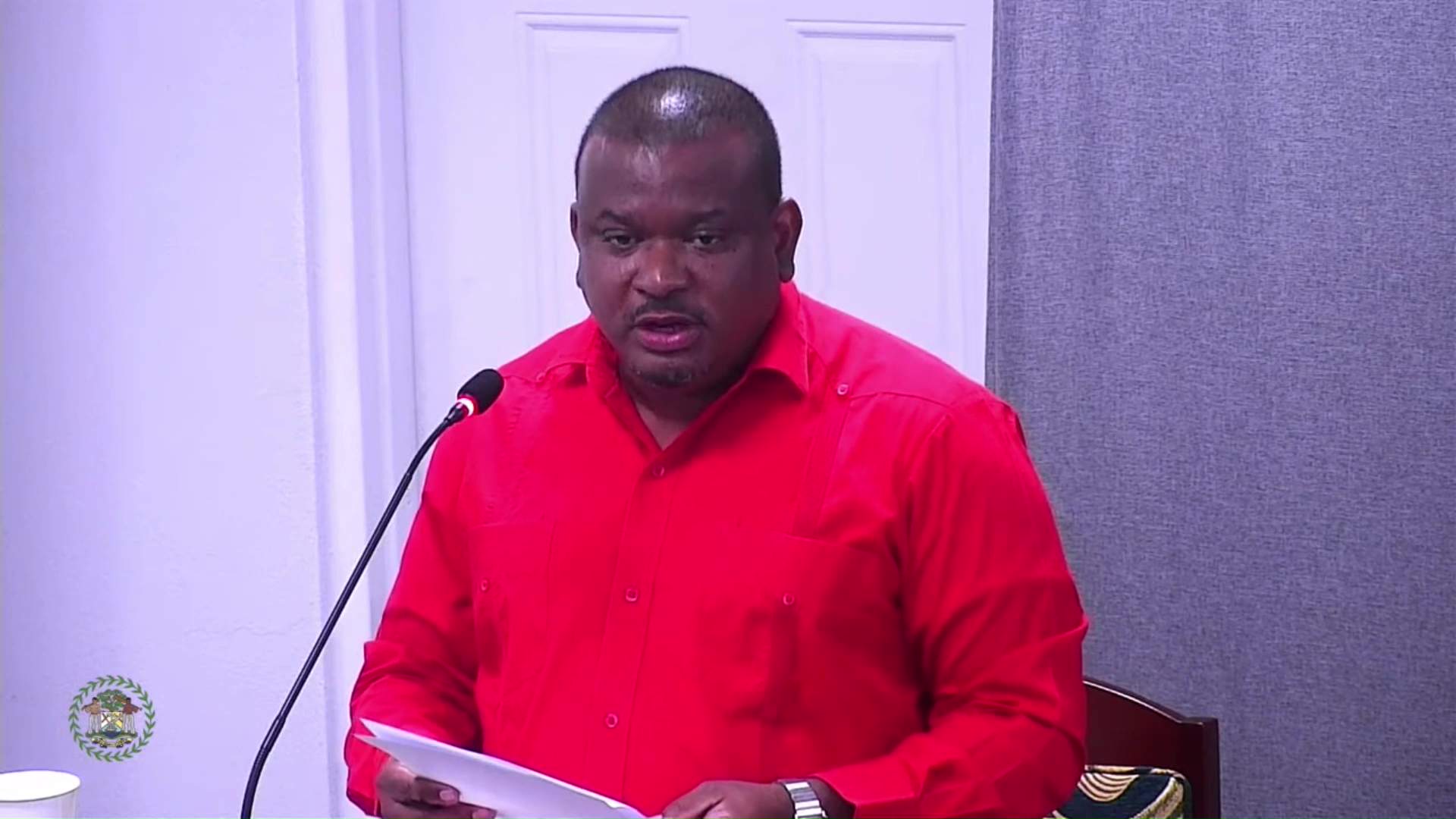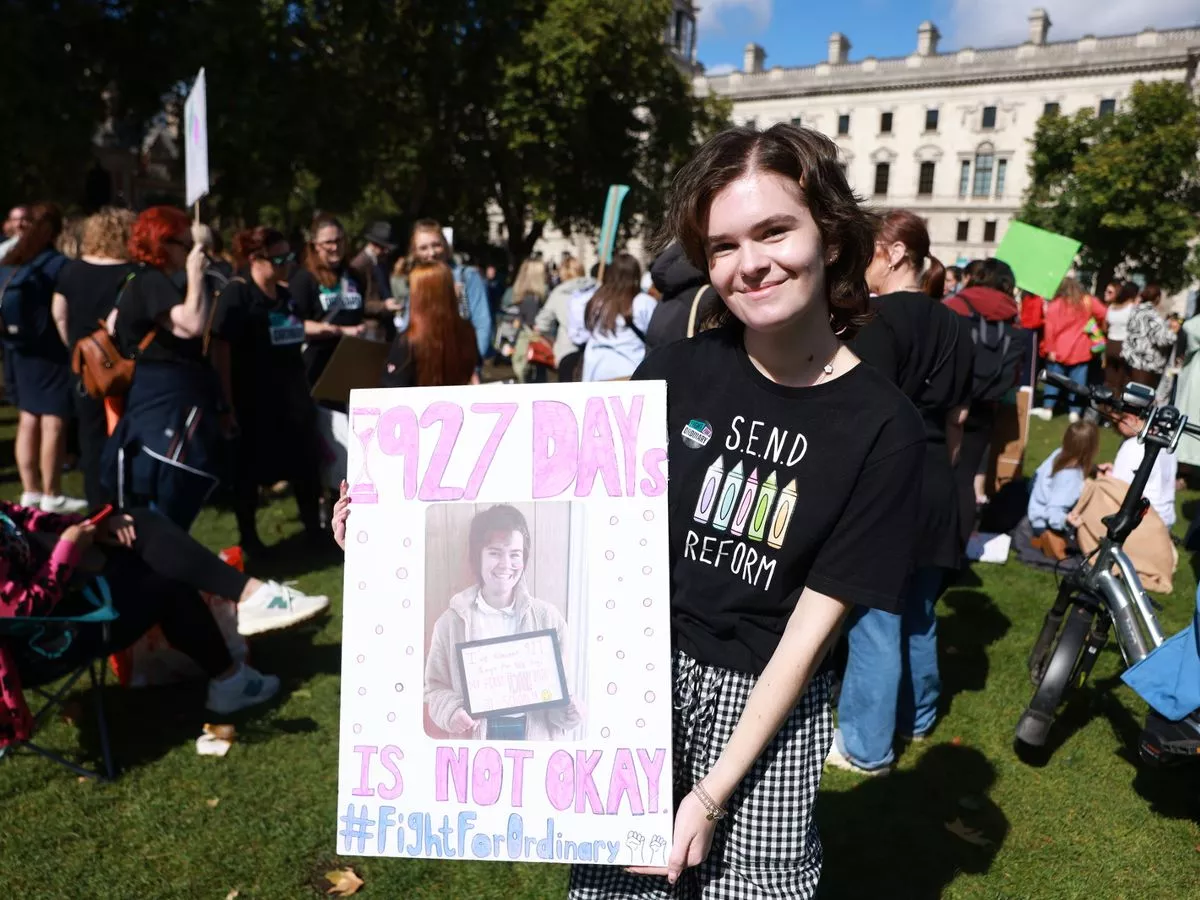By Ghana News
Copyright ghanamma

Fashion Nexus Ghana has launched a major initiative aimed at strengthening the country’s fashion industry through an annual summit and year-round training programmes.
The project, known as the Business of Ghanaian Fashion (BoGF) Summit & Year-Round Capacity Building Initiative, was unveiled at the Kempinski Gold Coast City Hotel in Accra.
The BoGF Initiative also seeks to unlock new opportunities for job creation, attract investment into the creative economy, and position Ghanaian brands to compete internationally, while promoting sustainable development through fashion.
The event brought together policymakers, designers, investors, and development partners, including representatives from UNESCO, the African Continental Free Trade Area (AfCFTA), the Ministry of Trade, the Ministry of Tourism, and the Ghana Revenue Authority.
The BoGF Initiative, themed “Building a Sustainable Future for Ghana’s Fashion Industry,” seeks to strengthen local talent, promote sustainable practices, expand access to global markets, and position Ghana as a rising hub for fashion innovation.
The flagship BoGF Summit will serve as the launchpad for a year-long Capacity Building Programme focused on fashion business, policy, education, investment readiness, and global market integration.
Speaking at the launch, Ms Melody Boateng, a representative from UNESCO, gave a speech on behalf of Mr Edmond Moukala, UNESCO’s Representative to Ghana. She said UNESCO was pleased to support an initiative that strengthened Ghana’s cultural and creative industries.
She explained that the BoGF Initiative was an essential platform that harnessed creativity as a driver of sustainable development.
Founder of Fashion Nexus Ghana and Project Lead of the BoGF Initiative, Hillary S. Andoh, stated that the summit and training programme were not just events, but part of a broader national movement to professionalise, develop, and scale Ghana’s fashion industry.
She noted that by bringing together creative leaders, manufacturers, textile producers, educators, policymakers, investors, and development partners, the initiative was turning dialogue into action.



